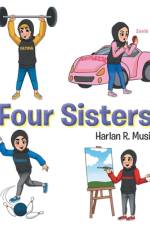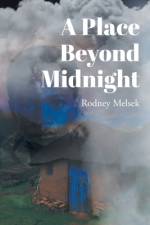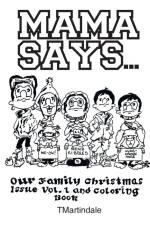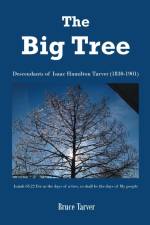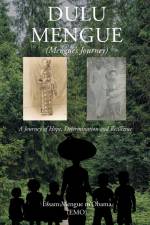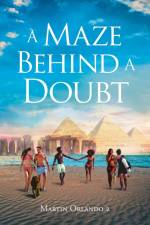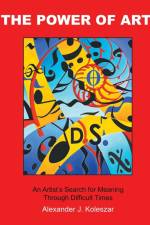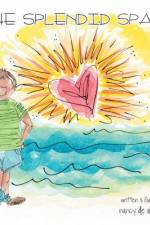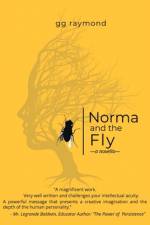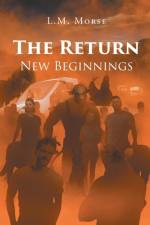av Essam Mengue m'Obama (EMO)
249
In August 8, 1952, at just twenty-six years old, Mengue learned, while in Zoetele where she had gone with her four young children, the youngest one just three months old, that her husband had been killed in a traffic accident in Yaounde. Dulu, which means journey, is the story of this young woman as she tried to come to terms with her life, which had just been blown to pieces by this tragedy: the sudden and brutal realization that she was now the head of the family and the sole provider for her young children, something that she was totally unprepared for; the intense grieving she was going through; the greed and cruelty of her in-laws who had their eyes set on inheriting her late husband's assets and depriving her and her children; how to find the wisdom, strength, determination commitment to prioritize and fund the children's education; and the bewildering struggle to understand and internalize the fact that she and her children now faced a life without the man who had sustained and defined them. All this was happening in a society dominated by men and still under the grip of colonization. Perhaps, more than anything, her predicament forced her to have a fresh look at many of the things she had taken for granted all along including the prevalence of pain and suffering, her religious beliefs, and what determines what one becomes in life. For the first time, she became conscious that she was and had been different from almost everyone else around her in the village. For that reason, she came to the conclusion that she could confide her innermost thoughts, doubts, struggles, anguish, and challenges only to her husband through long late-night monologues: she could not trust anyone else. It is a journey filled with tragedy, loss, pain, and suffering--all of which she was able to overcome because she had a vision and hope for the future and a strong determination, courage, drive, will, and strength to fulfill her dream, her vision. In the end, it is a story of resilience.



